The Challenge of Skilling India: Best NDA Coaching in Lucknow, India
The challenge of skilling India: The government announced the formation of a separate Union Ministry of Cooperation, a subject that to date was looked after by the Ministry of Agriculture. The Central Government for realizing the vision of ‘Sahkar see Samriddhi’ (Prosperity through Cooperation) and gave a new push to the cooperative movement. The Government has signalled its deep commitment to community-based developmental partnerships. It also fulfils the budget announcement made by the finance minister in 2021.
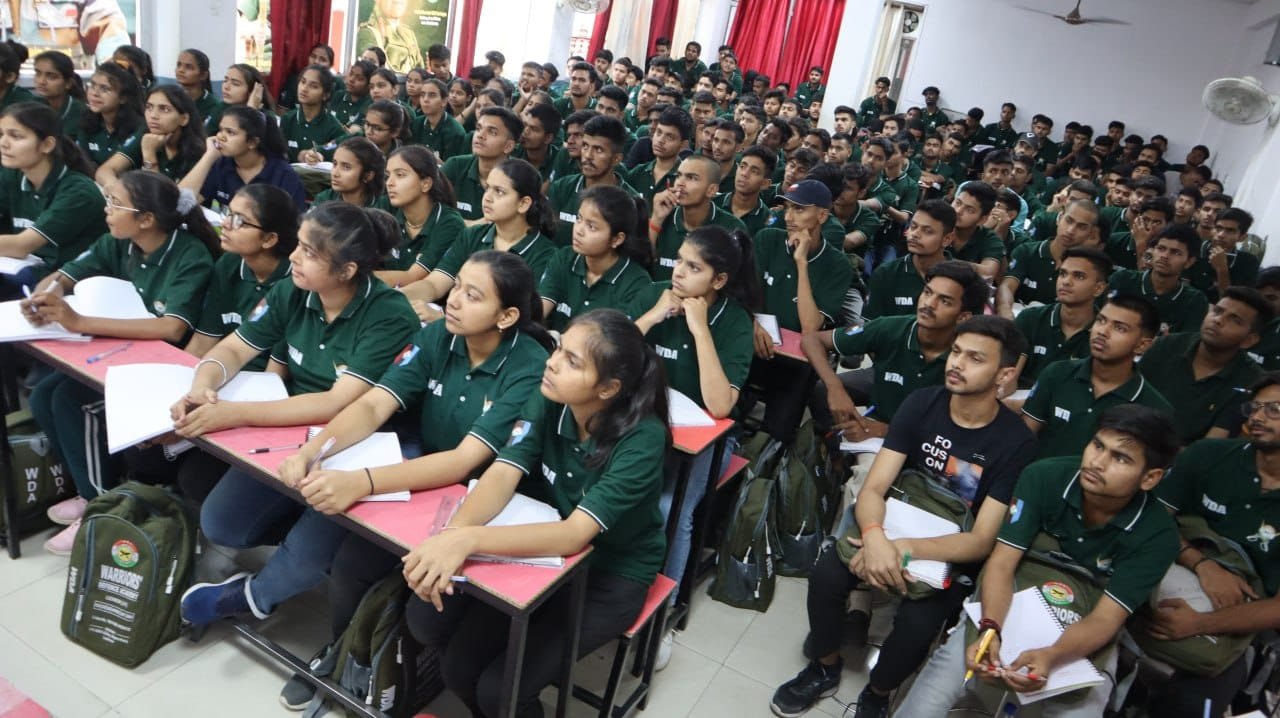
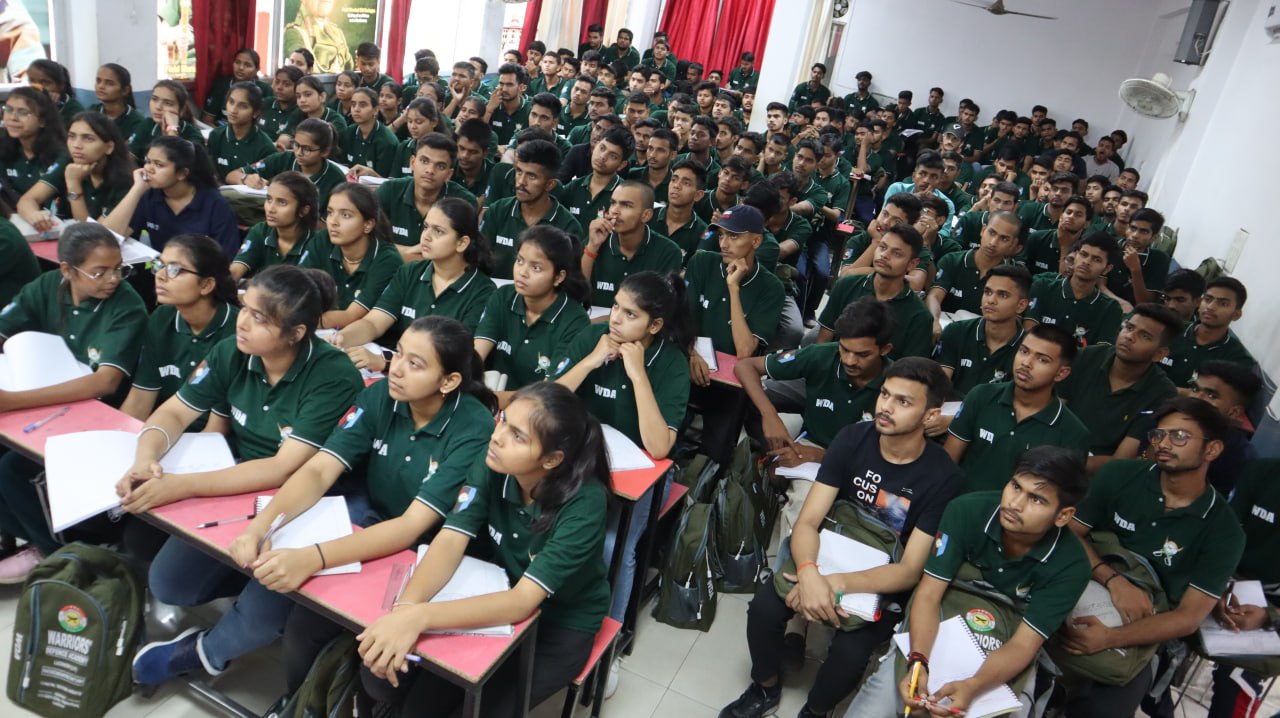
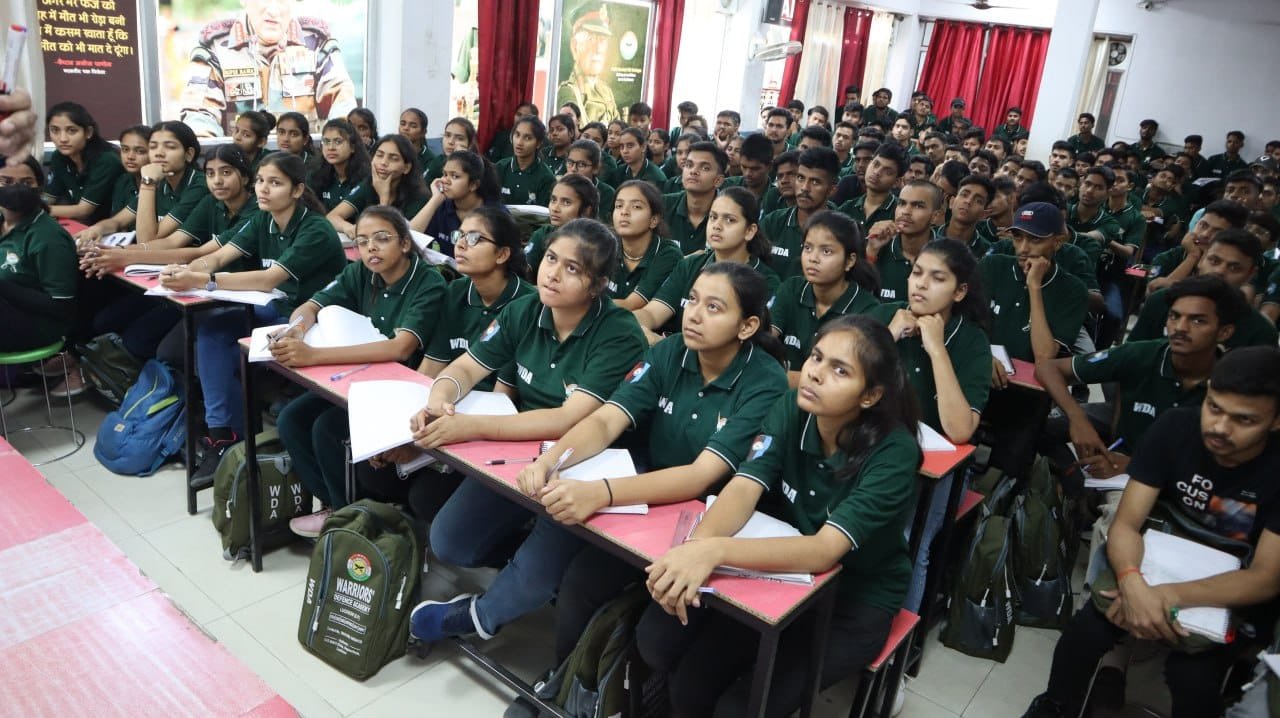
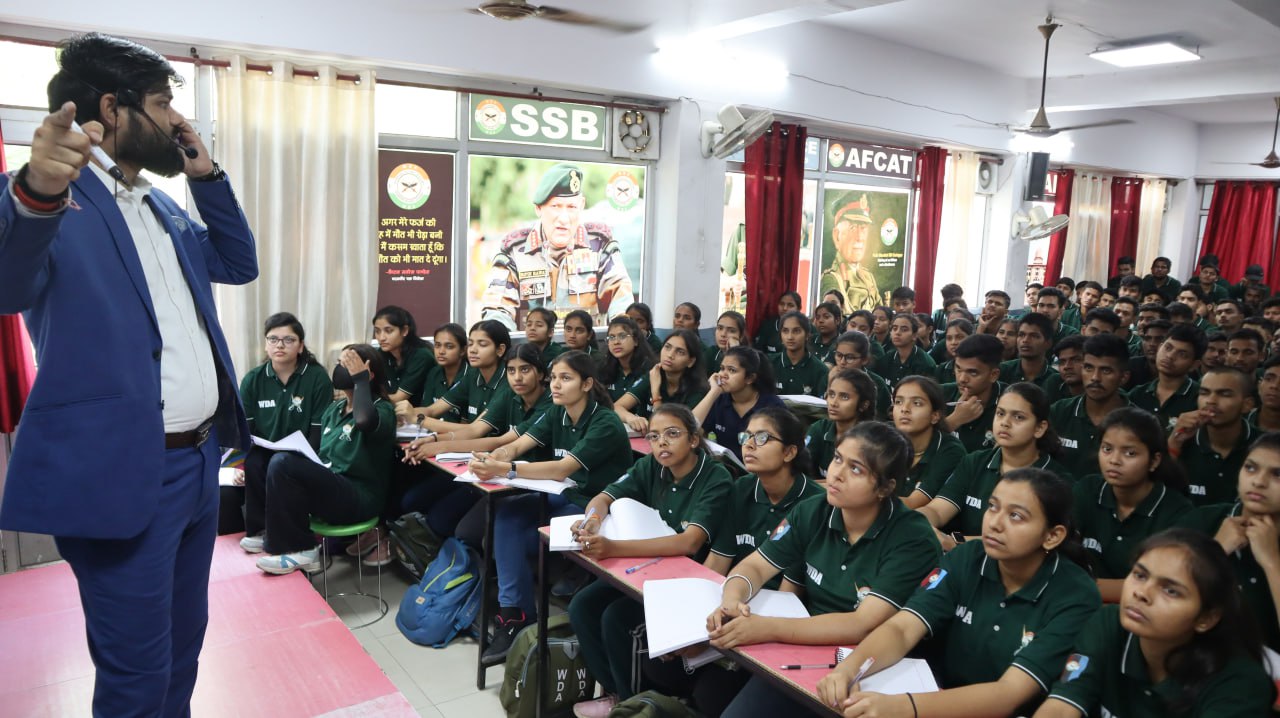
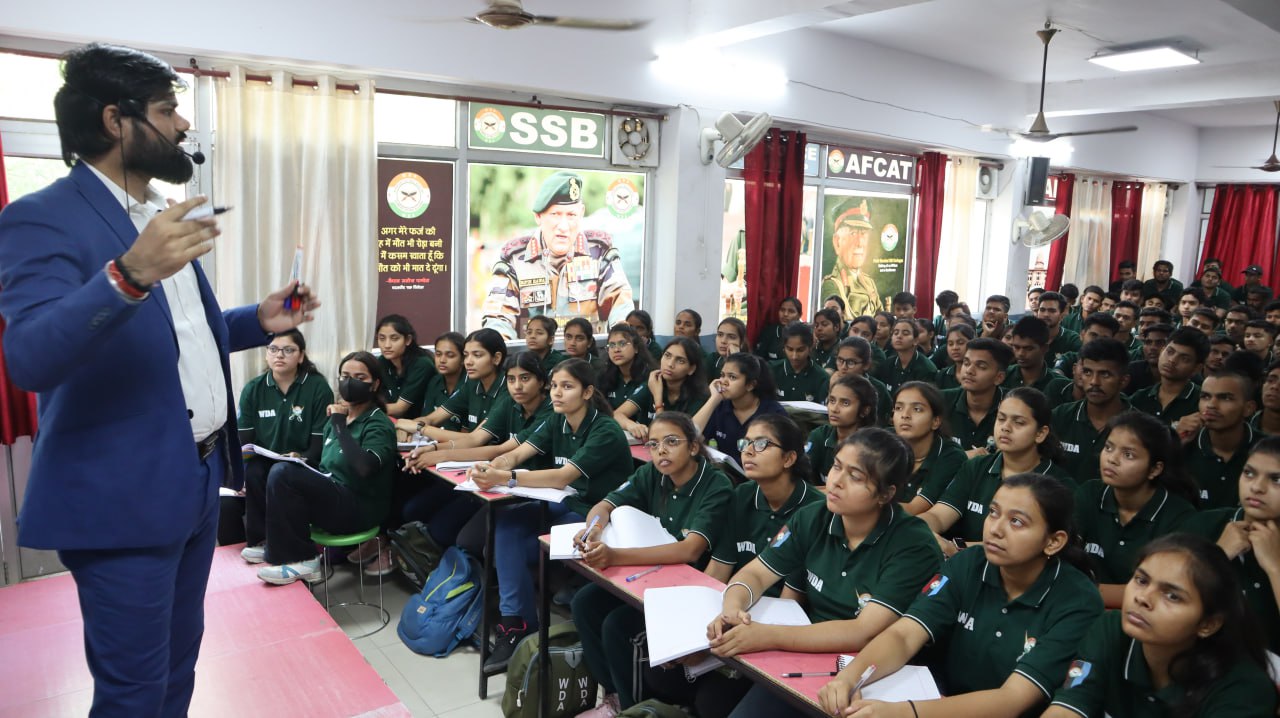
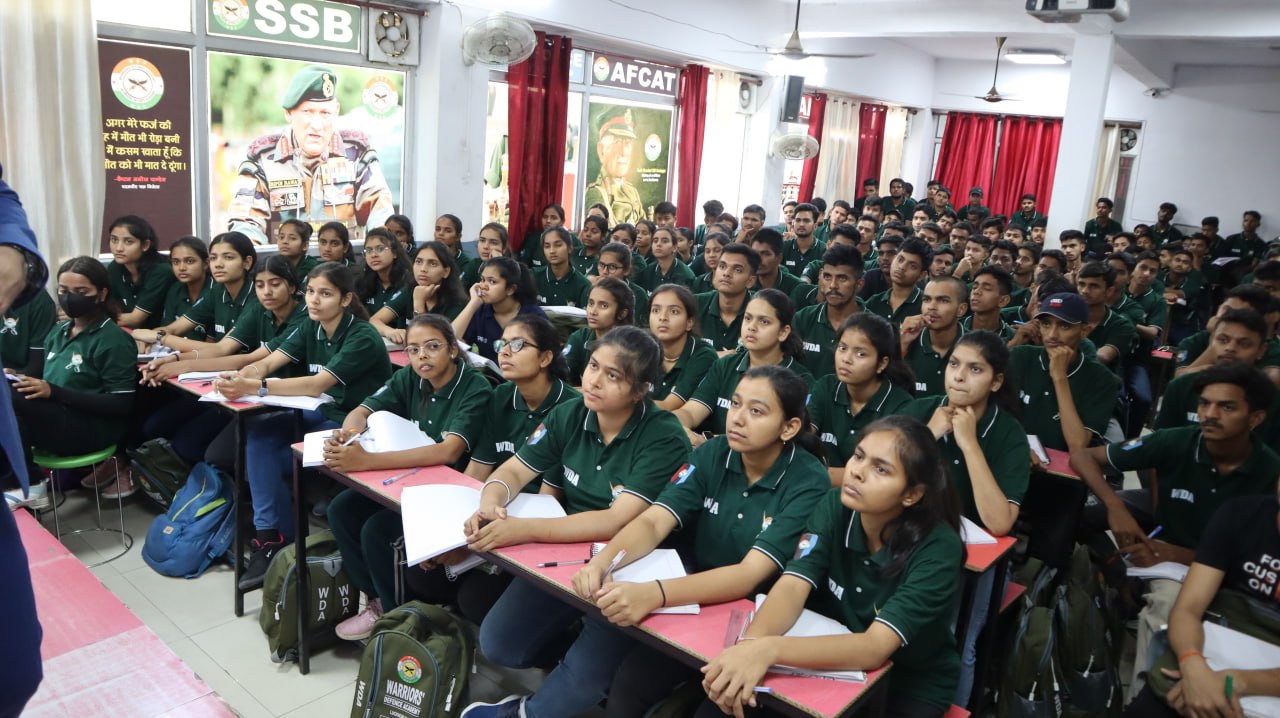
What is the cooperative movement?
By definition, cooperatives are organisations formed at the grassroots level by people to harness the power of collective bargaining towards a common goal. The Challenge of Skilling India
1. In agriculture, cooperative dairies, sugar mills, spinning mills etc are formed with the pooled resources of farmers who wish to process their produce.
2. The country has 1,94,195 cooperative dairy societies and 330 cooperative sugar mill operations.
3. In 2019-20, dairy cooperatives had procured 4.80 crore litres of milk from 1.7 crore members and sold 3.7 crore litres of liquid milk per day. (Annual Report, National Dairy Development Board, 2019-20).
4. Cooperative sugar mills account for 35% of the sugar produced in the country.
5. In banking and finance, cooperative institutions are spread across rural and urban areas.
6. Village-level primary agricultural credit societies (PACSs) formed by farmer associations are the best example of grassroots-level credit flow.
7. These societies anticipate the credit demand of a village and make the demand to the district central cooperative banks (DCCBs). The Challenge of Skilling India
8. State cooperative banks sit at the apex of the rural cooperative lending structure.
9. Given that PACSs are a collective of farmers, they have much more bargaining powers than an individual farmer pleading his case at a commercial bank.
10. There are also cooperative marketing societies in rural areas and cooperative housing societies in urban areas. The Challenge of Skilling India
Why was the new Ministry necessary?
It was necessary to restore the importance of the cooperative structure in the country.
Various studies conducted by institutions like Vaikunt Mehta Institute of Cooperative
Management has shown the cooperative structure has managed to flourish and leave its mark only in a handful of states like Maharashtra, Gujarat, Karnataka etc.
Under the new Ministry, the cooperative movement would get the required financial and legal power needed to penetrate into other states also. The Challenge of Skilling India
What will be the new Ministry’s objectives?
The Ministry of Cooperation will provide a separate administrative legal and policy framework for strengthening the cooperative movement in the country.
It will help deepen Co-operatives as a true people-based movement reaching up to the grassroots. In our country, a Co-operative based economic development model is very relevant where each member works with a spirit of responsibility. The Ministry will work to streamline processes for the ‘Ease of doing business’ for cooperatives and enable the development of Multi-State Cooperatives (MSCS).
What laws govern cooperative societies?
1. Like agriculture, cooperation is on the concurrent list, which means both the
central and state governments can govern them.
2. A majority of cooperative societies are governed by laws in their respective
states, with a Cooperation Commissioner and the Registrar of Societies as their
governing office. The Challenge of Skilling India
3. In 2002, the Centre passed a Multi-State Cooperative Societies Act that allowed
for the registration of societies with operations in more than one state.
4. These are mostly banks, dairies and sugar mills whose area of operation spreads
across states.
5. The Central Registrar of Societies is their controlling authority but on the ground the
State Registrar takes action on his behalf.
Constitutional Provisions Related to Cooperatives:
1. The Constitution (97th Amendment) Act, 2011 added a new Part IXB right after Part
IXA (Municipals) regarding the cooperatives working in India.
2. The word “cooperatives” was added after “unions and associations” in Article
19(1)(c) under Part III of the Constitution. This enables all the citizens to form
Cooperatives by giving it the status of the fundamental rights of citizens.
3. A new Article 43B was added to the Directive Principles of State Policy (Part IV)
regarding the “promotion of cooperative societies”.
How much finance do these institutions control?
1. NABARD’s annual report for 2019-20 counts 95,238 PACSs,363 DCCBs and 33
state cooperative banks in the country.
2. The state cooperative banks reported a total paid-up capital of Rs 6,104 crore and
deposits of Rs 1,35,393 crore, while the DCCBs’ paid-up capital stood at Rs 21,447
crore and deposits at Rs 3,78,248 crore.
3. The DCCBs, whose main role is the disbursal of short-term loans to the farming sector
(crop loan), distributed Rs 3,00,034 crore in loans.
4. The state cooperative banks, which mainly finance agri-processing industries such
as sugar mills or spinning mills, disbursed Rs 1,48,625 crore in loans. (Annual
The report, NABARD, 2019-20)
5. In urban areas, urban cooperative banks (UCBs) and cooperative credit
Societies extend banking services to many sectors that would otherwise have
found it difficult to get into the institutional credit structure.
6. According to Reserve Bank of India data, the country has 1,539 UCBs whose total
capital in 2019-20 stood at Rs 14,933.54 crore with a total loan portfolio of Rs
3,05,368.27 crore.
Women cooperatives:
Quoting estimates from the National Cooperative Union of India, which put the total
The number of cooperatives in the country at over 8 lakh, the chairperson, the SEWA Cooperative Federation, says,
1. Women are waiting for the details when we heard there is going to be a Ministry of
Cooperation.
2. We felt hopeful because we felt there will be a focus now on cooperatives and
Cooperation and we are particularly keen that there should be focus on women
Cooperatives because they are less than three per cent of the 8 lakh
Cooperatives in the country.
3. Also, she says, SEWA (Self Employed Women’s Association) and SEWA
Cooperative Federation has been advocating more enabling policy and
Regulations for all cooperatives.
4. We are now hopeful that with a ministry of cooperation, the issue of creating an
Enabling the environment and removal of any barriers will be taken up.
Conclusion:
Critics argue that the Creation of a new cooperation ministry is an infringement upon the
Federal rights of the state governments. This is an intrusion into the authority of the state governments. This amounts to challenging the federal system of our country.
However, the Principle of the cooperative movement is to unite everyone, even while
Remaining anonymous.
The cooperative movement has the capacity to solve people’s problems.
